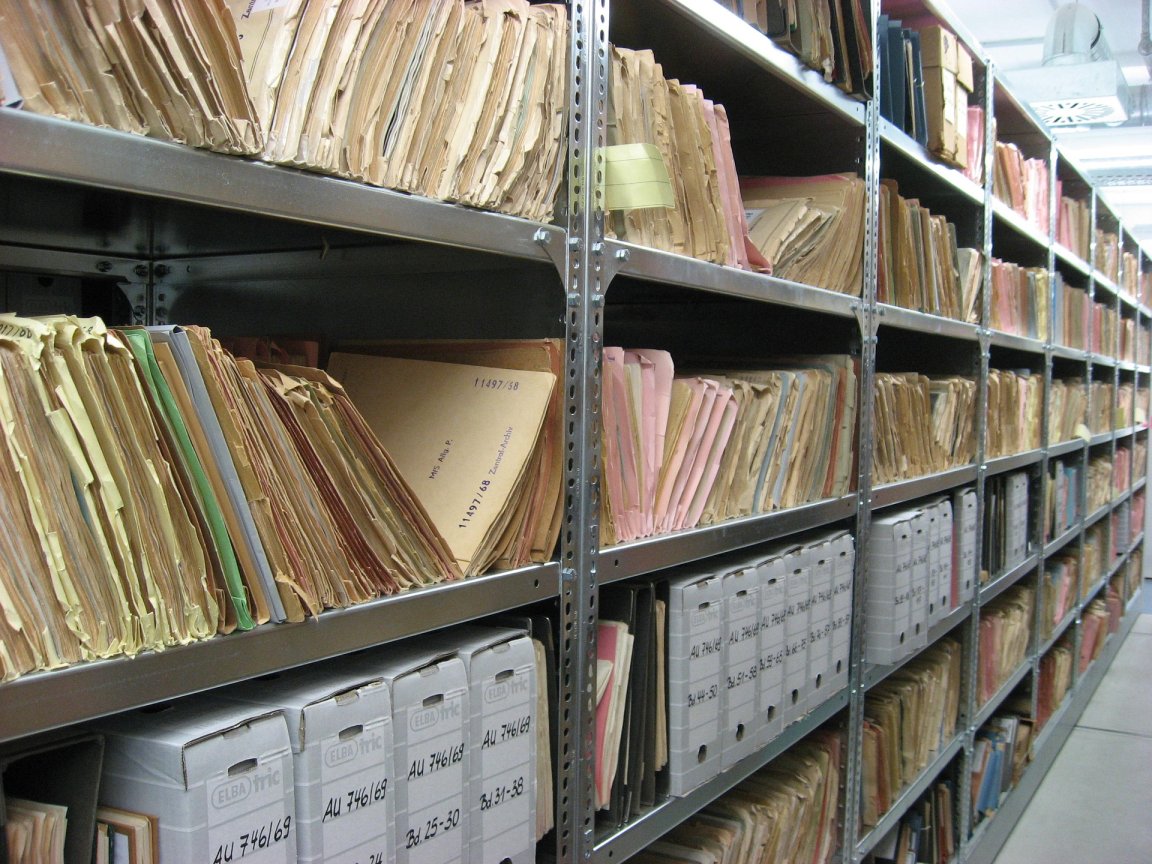
Digital Ledger
Blockchain technology has played an important role in the rise of cryptocurrency, underpinning the likes of ether and bitcoin. A decentralized digital ledger could have a similar impact on various other industries, and a new white paper published by researchers from the MIT Media Lab argues the case for its healthcare applications.
MedRec is a prototype system for tracking who has permission to view and edit information relating to a patient’s medications, based on the Ethereum platform. “Our system gives patients a comprehensive, immutable log and easy access to their medical information across providers and treatment sites,” states the paper’s abstract.

When blockchain technology is used to keep track of cryptocurrency transactions, miners who offer up computing power to verify data are given a monetary reward. Medical records don’t generate cash, but the researchers behind MedRec suggest a different way of giving miners an incentive.
Rather than a payout, miners would receive access to aggregated and anonymized data from consenting patients. We’ve already seen how this kind of resource can be used to great effect by companies developing new drugs and treatments — having access to a huge pool of genetic data is one of the reasons 23andMe has been able to amass millions of dollars in funding.
MedRec’s co-creator Andrew Lippman, associate director of the Media Lab, told the MIT Technology Review that future iterations of the system might eliminate the mining process altogether. Instead, it could utilize the ample computing power found at major hospitals for verification purposes.
Shared Information
MedRec could potentially solve one of the biggest challenges of modern medicine — the fact that patients’ records might be distributed across various different facilities.
Modern technology has allowed medical institutions to begin the transition from physical to digital records, but it’s difficult to ensure that all instances of that information are kept up-to-date. A system like MedRec would mean that practitioners could be absolutely sure that they are working with the most current data.
It also provides advantages in terms of privacy and security. A private blockchain is a great way to handle access rights to a particular pool of data. Given the personal nature of information relating to medication and general health, implementing this technology would be a good method of ensuring that it doesn’t fall into the wrong hands.
Putting the blockchain to work in a medical context will be no small feat, as any major change to the practices employed by the industry must be scrutinized before it takes effect. However, projects like MedRec demonstrate just how much emerging technologies can do to help improve healthcare and save lives.
Disclosure: Several members of the Futurism team, including the editors of this piece, are personal investors in a number of cryptocurrency markets. Their personal investment perspectives have no impact on editorial content.